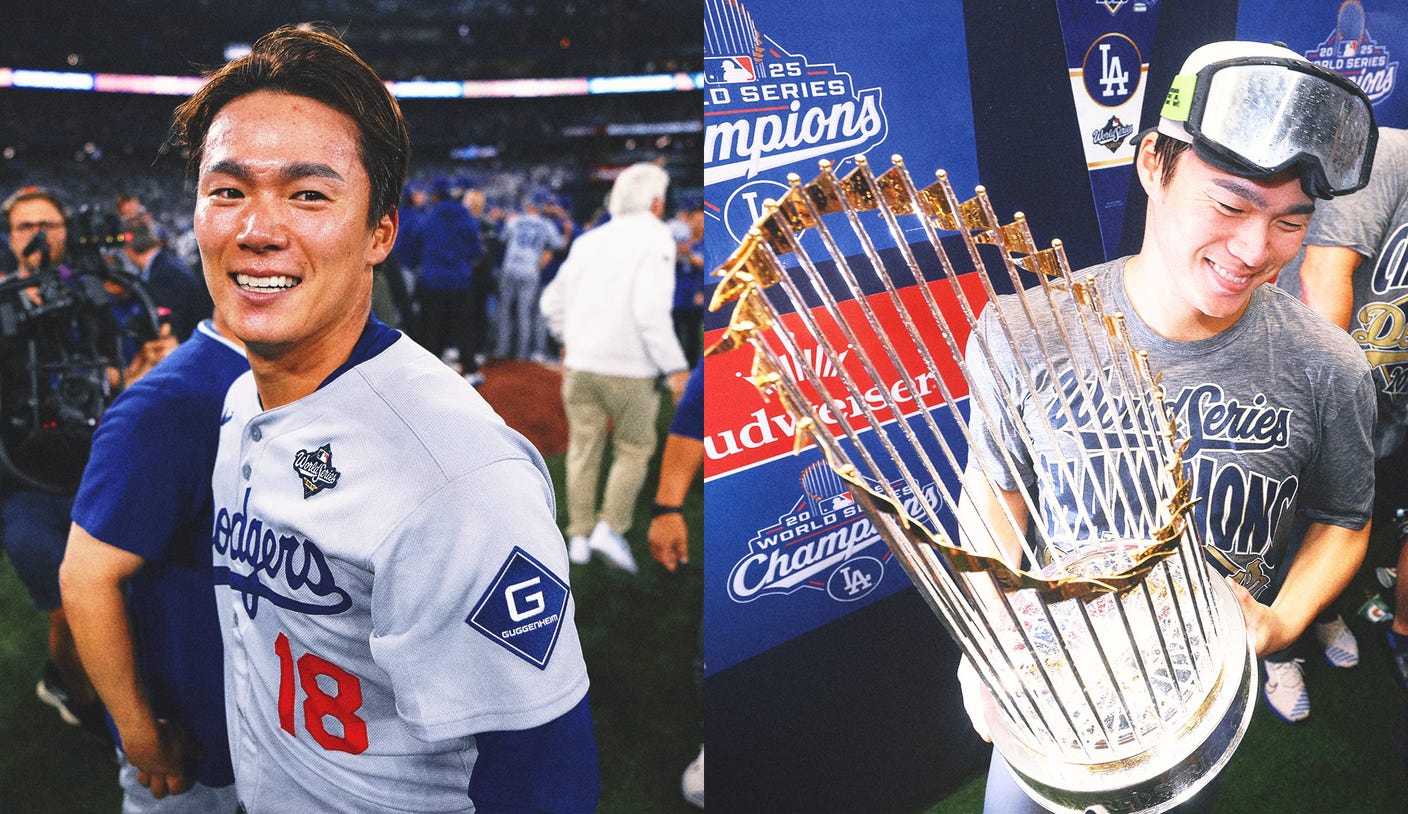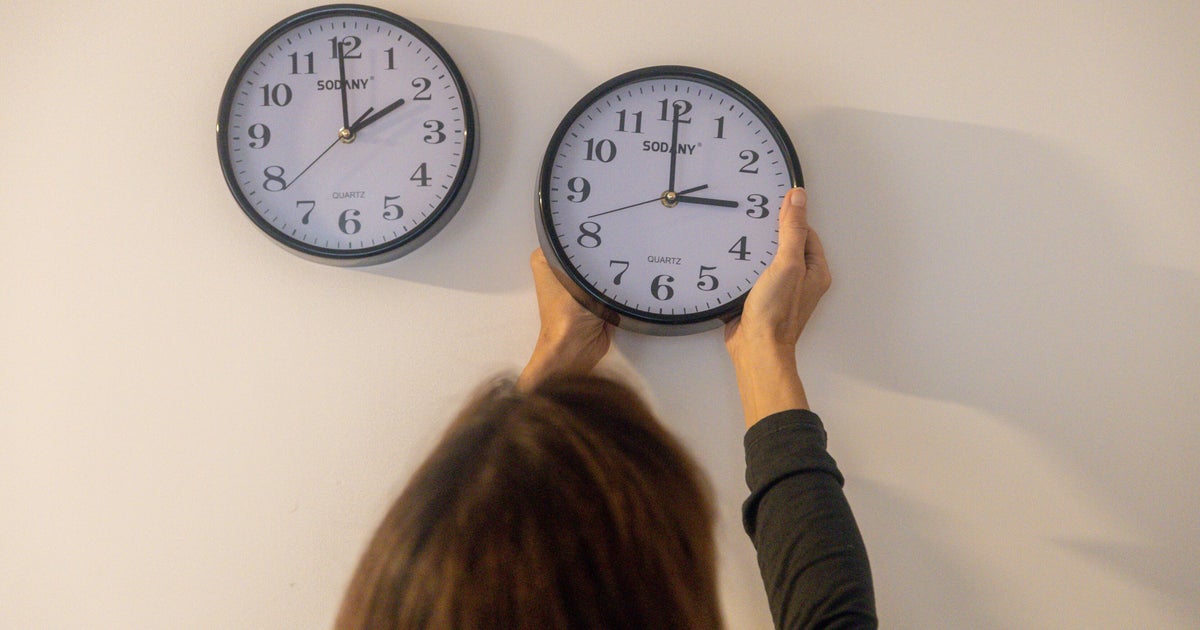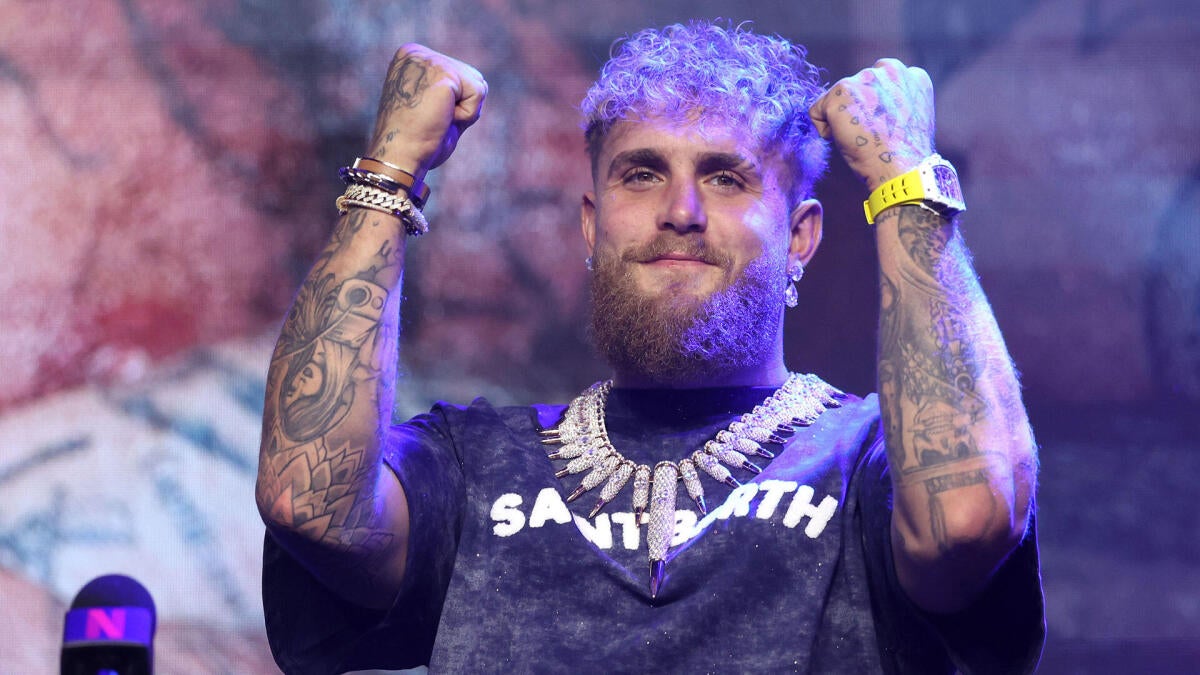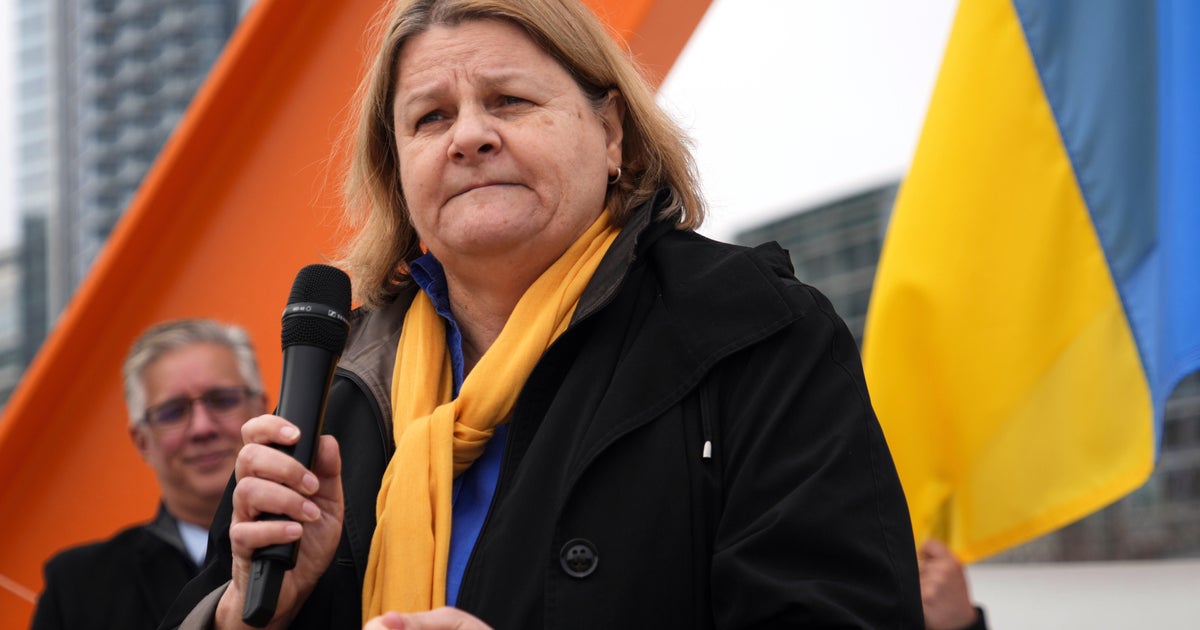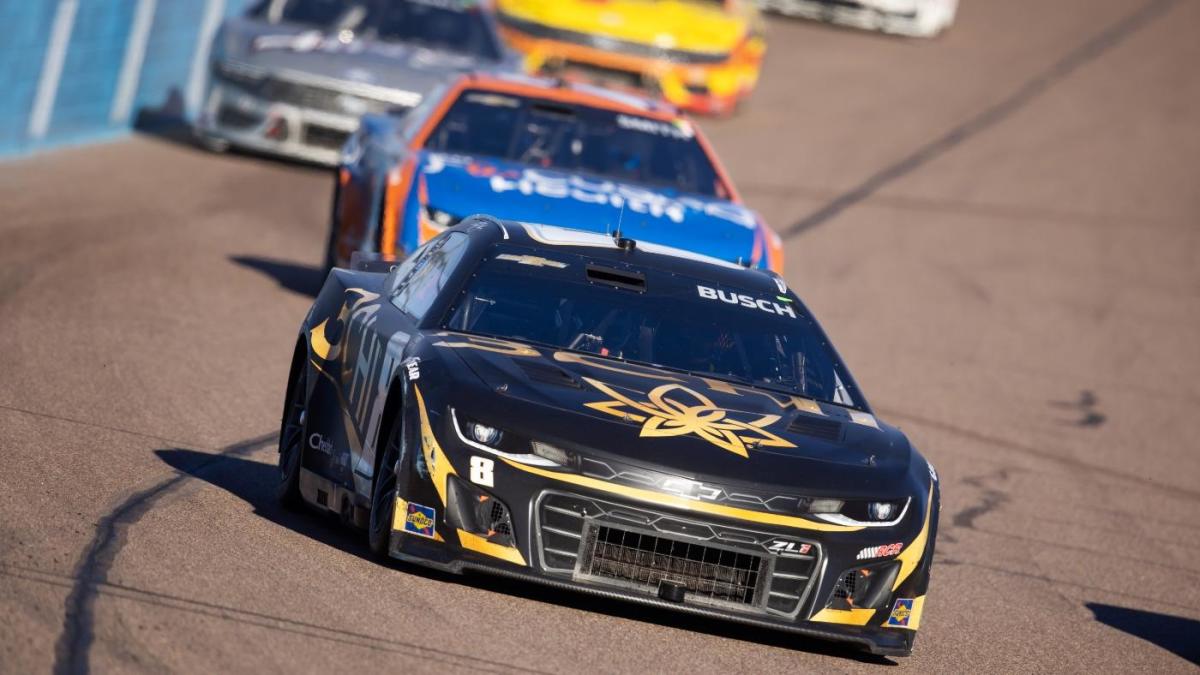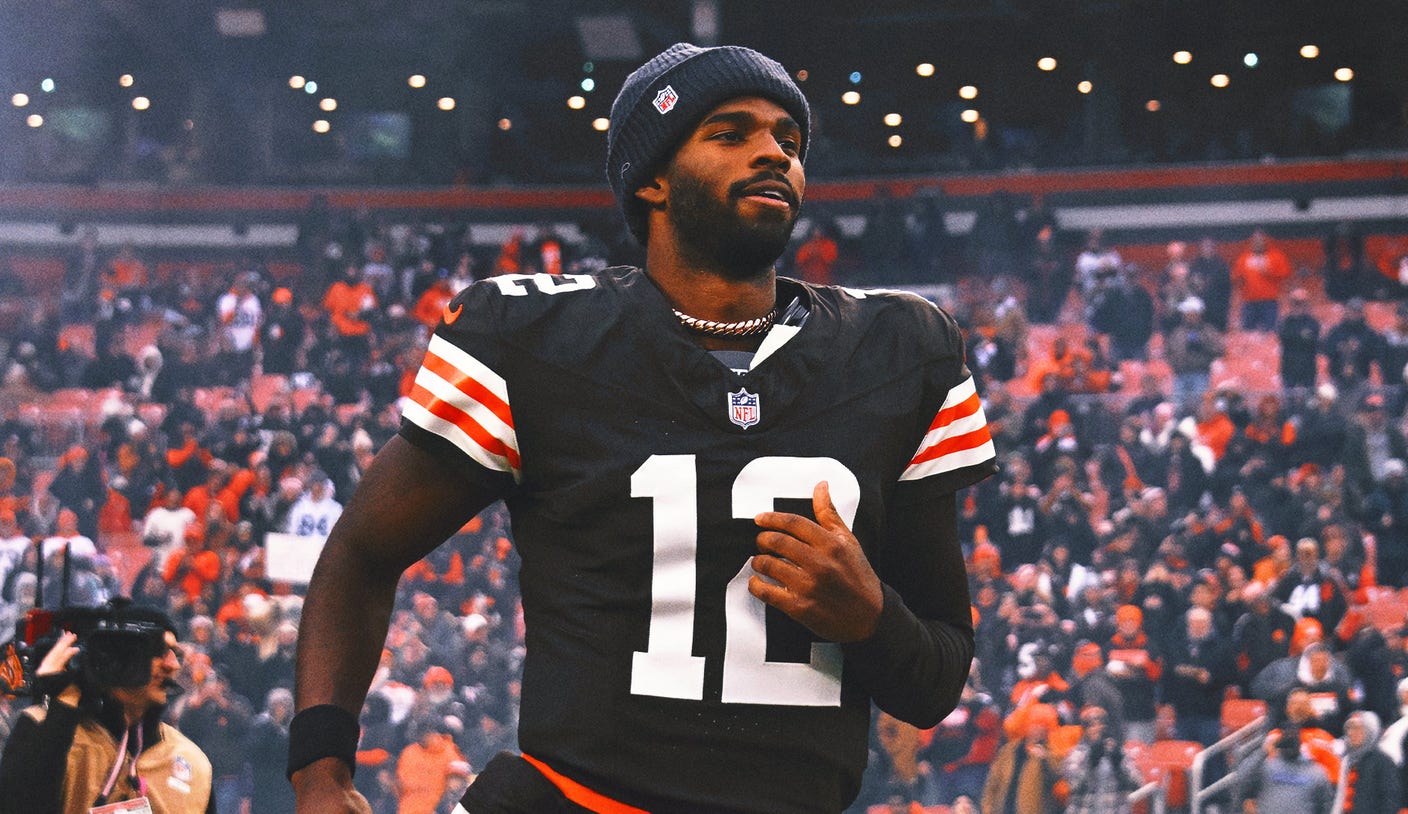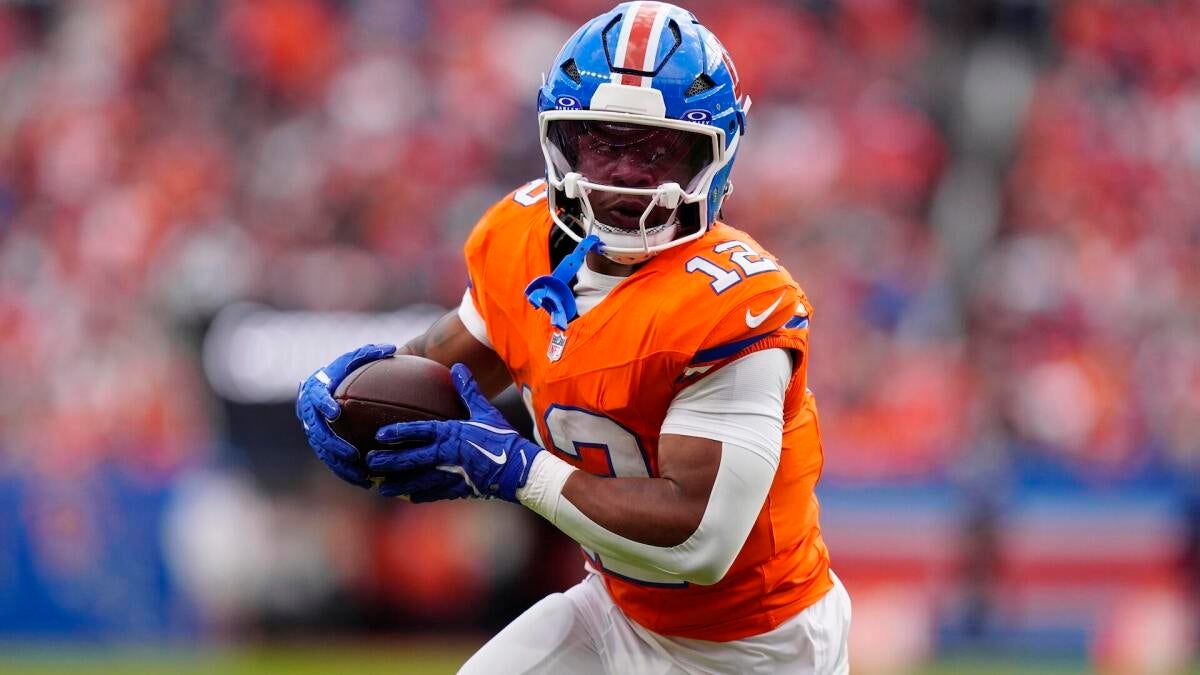Coming off a 96-pitch outing the night before, in the final moments of a Dodgers repeat bid that began expectantly in Tokyo and ended triumphantly in Toronto, Yoshinobu Yamamoto fired his 34th pitch in relief in Game 7 as Saturday night bled into Sunday morning.
Then he turned around to watch the ground ball find shortstop Mookie Betts for a double play that finished off one of the greatest World Series games in one of the greatest Fall Classics of all time.
Yamamoto removed his hat, looked to the sky after his superhuman effort secured a 5-4 win in 11 innings and was hoisted into the air by catcher Will Smith, who delivered the game-winning solo shot minutes prior. The night before, Smith told Yamamoto if he could give the Dodgers one inning in Game 7, they’d be champions again.
The Dodgers ace did more than that as he cemented a dynasty.
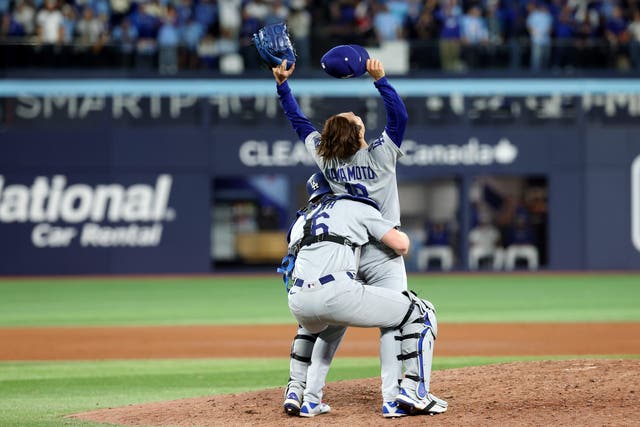
(Photo by Rob Tringali/MLB Photos via Getty Images)
Three years after his 138-pitch, 14-strikeout complete game helped the Orix Buffaloes win Game 6 of the Japan Series, Yamamoto was asked to deliver a similarly Herculean effort against the Blue Jays, one that would help the Dodgers capture their second straight World Series title. After starting Game 6 and allowing just one run in six innings of a 3-1 win, Yamamoto ended Game 7 by recording the final eight outs in 2.2 scoreless innings to earn MVP honors.
His heroic work made the Dodgers the sport’s first repeat champions in 25 years and sent future Hall of Famer Clayton Kershaw into retirement with his third World Series ring.
“I was not sure if I could pitch tonight until I went to the bullpen,” Yamamoto said through his interpreter, Yoshihiro Sonoda. “But I’m glad I was able to.”

(Photo by Daniel Shirey/MLB Photos via Getty Images)
His team was, too.
From the bullpen, Kershaw sprinted in with tears in his eyes. Kershaw’s services were ultimately not required in the winner-take-all game, but all four starting pitchers the Dodgers used this postseason made an appearance in the deciding Game 7 against a Blue Jays squad that scored more runs than any team in postseason history. That was appropriate, considering how much the Dodgers had to lean on their starters to get to that point in a complete 180 from the bullpen games that defined their 2024 championship run.
The most important of those starters was the man the Dodgers committed $325 million to before he had even thrown a pitch in the big leagues. Yamamoto won three MVPs and three Sawamura Awards — the equivalent of a Cy Young — in Nippon Professional Baseball and demonstrated glimpses of that greatness in his first season stateside, but there was clearly another level still untapped.
This October, at the end of a season that will likely see him appear on Cy Young ballots, his full form arrived. Yamamoto earned every penny of that commitment.
“He just became the guy, the horse, kind of like everybody knew he was going to be,” said Miguel Rojas. “He took it to a next level.”
During this run, Dodgers reliever Justin Wrobleski — who threw 1.1 scoreless innings of relief in Game 7 and sparked a peculiar benches-clearing moment when he hit Andres Gimenez with a pitch — told me Yamamoto was his favorite player, in large part because he does things others wouldn’t.
In Game 2 of the World Series, Yamamoto threw his second straight postseason complete game, becoming the first pitcher to accomplish the feat since Curt Schilling in 2001. Two days later, he was warming up in the 18th inning of Game 3’s marathon, ready to enter in case the game went to a 19th.
Game 7 was just his latest display of extraordinary determination.
“Yamamoto’s the G.O.A.T.!” Roberts put succinctly as he screamed from the championship dais, before Yamamoto was handed his World Series MVP trophy.
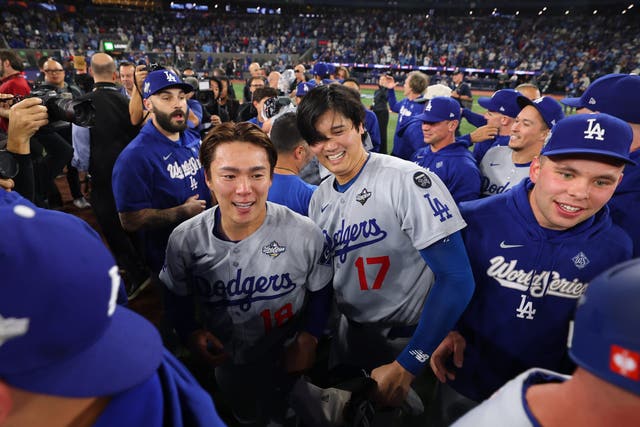
(Photo by Gregory Shamus/Getty Images)
Yamamoto and Shohei Ohtani joined forces in Los Angeles just weeks apart in December 2023 with this goal in mind. They would quickly change the trajectory of the franchise.
In his introductory press conference, after failing to make the postseason in his first six big-league seasons with the Angels, Ohtani expressed a desire to win championships — plural — with his move to the Dodgers. Two years in, he has already accomplished that task.
Ohtani started the Game 7 win. Yamamoto, pitching on no days of rest, finished it.
“I have no idea how he pulled it off,” Ohtani said through interpreter Will Ireton. “I really believe this, but he is the No.1 pitcher in the whole world.”
Ohtani delivered singular moments on this championship run, his first as a two-way player. He went 3-for-3 with three homers while striking out 10 in six scoreless innings to send the Dodgers to the World Series in arguably the greatest performance of all time. In Game 3 of the World Series, he reached base all nine times, recording extra-base hits in each of his first four at-bats before being given a free pass in his final five.
But after exhibiting shaky command in his Game 7 start on short rest, and allowing a three-run home run to Bo Bichette that ended his outing in the third inning, it was Ohtani’s compatriot whose intrepid work made the difference in the end.
Yamamoto, who had a 1.02 ERA in the World Series and a 1.45 ERA in the postseason, helped secure the Dodgers’ third World Series title in the last six years.
Despite a record-breaking payroll, it did not come as easily as the last two.
On the first day of spring training, Roberts talked to his group about how special it would be to repeat as champions. Then he didn’t bring it up again. With all that talent, the Dodgers knew the opportunity ahead of them, but they had enough on their plate already throughout a regular season that didn’t go as planned.
They went 25-27 in July and August and briefly lost the division lead in the process. In the midst of a five-game losing streak to start September, Roberts held a team meeting in Baltimore to try to instill some positivity into a scuffling group failing to meet expectations.
The Dodgers went on to win 15 of their final 20 regular-season games, though their 93 wins were still their fewest in a full season since 2018. An inconsistent offense, a shoddy defense and a disastrous bullpen all threatened to topple their season. But their starting pitching, when healthy and in full form, could mask any deficiency, and they seemed to be able to flip a switch at the most important time. That was most evident with the season on the line in October.
🚨 DODGERS BACK-TO-BACK CHAMPS 🤯 Papi, A-Rod & Jeter react to EPIC 2025 World Series vs. Blue Jays
Finishing the job required depth beyond the plethora of nine-figure earners who made the Dodgers the envy of the sport and villains to 29 other fanbases.
Prior to Game 6, Rojas hadn’t started since Game 3 of the NLDS. The 36-year-old is at the tail end of a 12-year career, one that he has expressed will likely only last one more season before he goes into coaching. But Roberts inserted the veteran infielder into the lineup for both elimination games in the World Series, favoring the players he trusted most with the season on the line. He was rewarded.
In the ninth inning of Game 6, Rojas’s glove helped save the season when he made a spectacular pick on a game-ending double play started by Kiké Hernández.
And in the ninth inning of Game 7, with the Blue Jays just two outs away from winning their first World Series title in 32 years, it was Rojas’s bat keeping the season alive in the biggest moment of his baseball life when he lifted a game-tying home run off closer Jeff Hoffman. It was only his second home run since July 20, and it was the first ever game-tying home run in the ninth inning of a winner-take-all World Series game.
Rojas was not done making an impact.
After his bat silenced the crowd in the top of the ninth, his defense stifled a rally in the bottom of the inning. Yamamoto replaced Blake Snell with two on and one out in a tie game, then hit the first batter he faced to load the bases. Daulton Varsho followed with a grounder to Rojas that knocked the second baseman off balance. Rojas gathered himself just in time to throw home and get Isiah Kiner-Falefa on the force for the second out of the troublesome inning.
Before that at-bat, Roberts subbed in Andy Pages to get his best arm in center field. It was a winning decision. With the bases still loaded, Blue Jays third baseman Ernie Clement lifted a drive 366 feet to left-center. It would have left two ballparks; Rogers Centre was not one of them.
Dodgers make defensive stand in 9th inning to send Game 7 to extra innings against Blue Jays
Clement, who set the record for most hits in a single postseason, stood in disbelief as he watched Pages steamroll left fielder Hernández to track the ball down and keep the game going.
One inning later, the Dodgers also loaded the bases with one out and failed to cash in. But in the 11th, Smith — who fractured his hand in September, was unavailable for the wild-card series and caught more innings than any player in World Series history — delivered the knockout blow.
Yamamoto took it from there. He was the winning pitcher when he started the season for the Dodgers in Tokyo on March 18 and the winning pitcher when he finished it in the early hours of Nov. 2, as the Dodgers became the first repeat champions since the Yankees won three straight World Series titles from 1998-2000.
“Yoshi is a guy that I just completely, implicitly trust,” Roberts said. “And he’s made me a pretty dang good manager.”
Rowan Kavner is an MLB writer for FOX Sports. He previously covered the L.A. Dodgers, LA Clippers and Dallas Cowboys. An LSU grad, Rowan was born in California, grew up in Texas, then moved back to the West Coast in 2014. Follow him on Twitter at @RowanKavner.
Want great stories delivered right to your inbox? Create or log in to your FOX Sports account and follow leagues, teams and players to receive a personalized newsletter daily!


